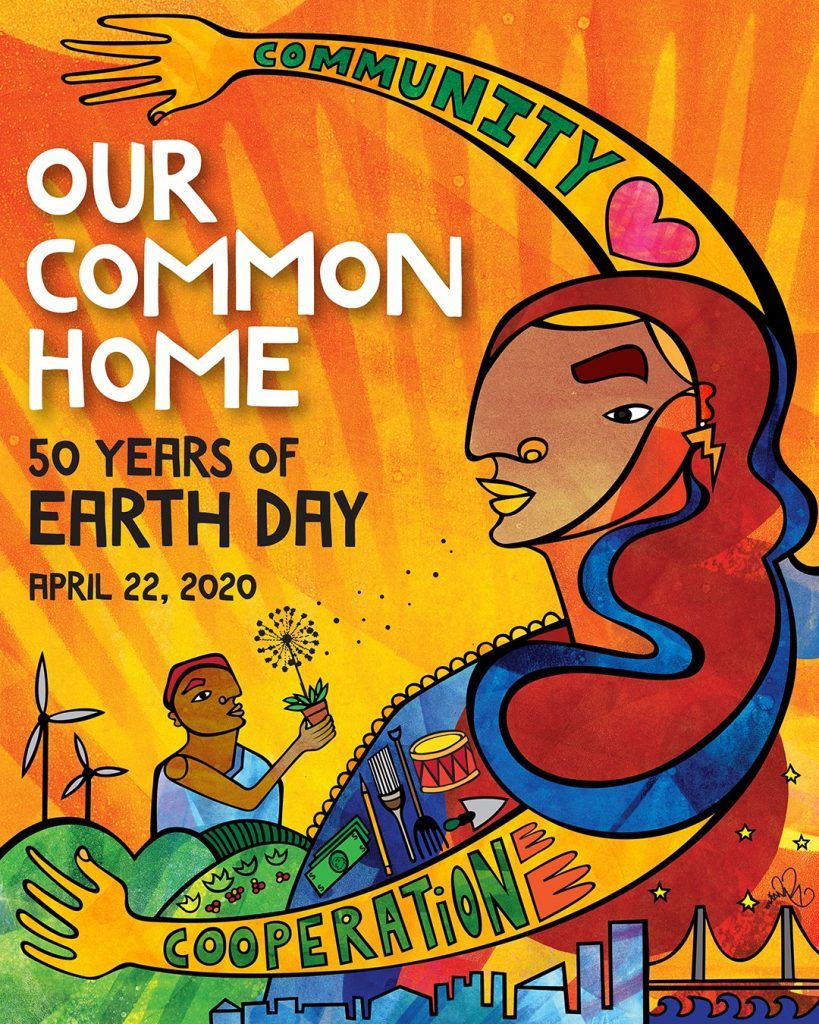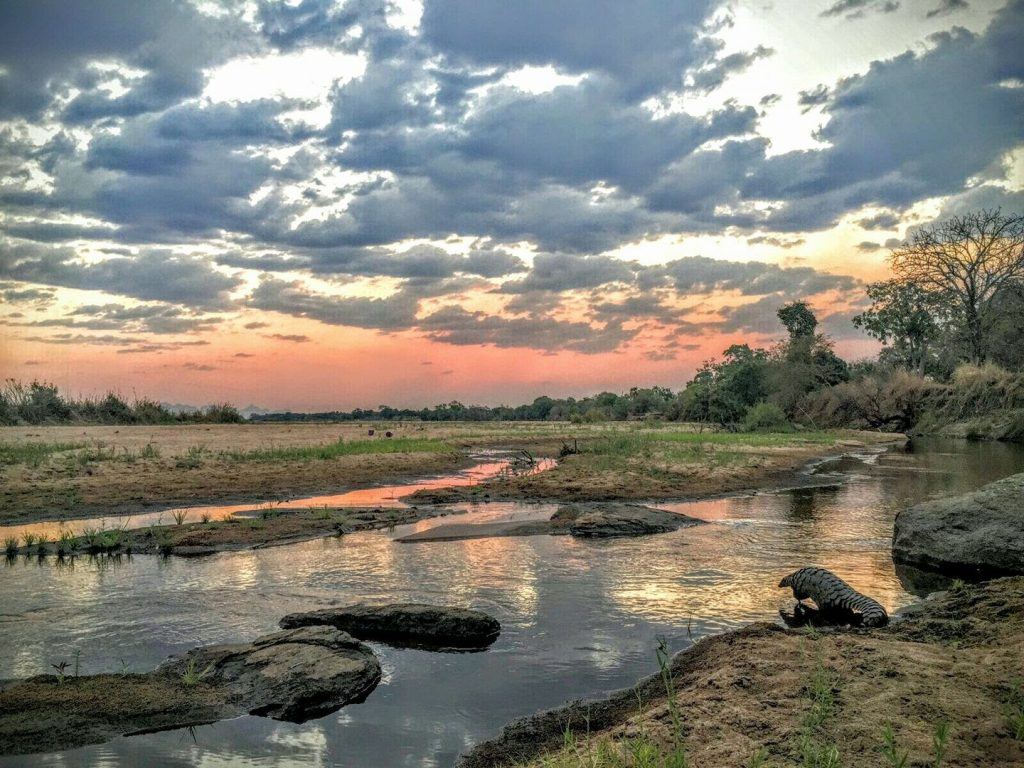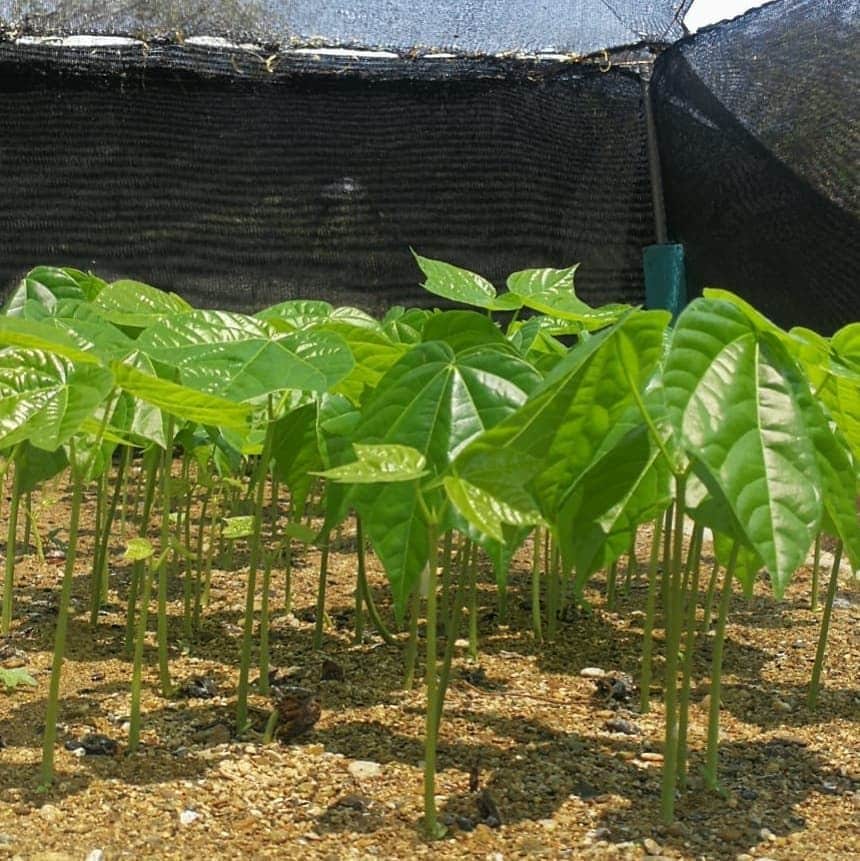Today, Wednesday, April 22nd, marks the 50th anniversary of Earth Day, an environmental awareness movement that was launched in 1970, initially drawing 20 million people into the streets of the United States. Among those 20 million people was WCN’s Co-Founder, Charlie Knowles, who was in fifth grade at the time, carrying a hand-made sign that said “Pollution: it’s a dirty word.“
Unfortunately today, few folks can be out in the streets at all, as the global community continues to cope with the COVID-19 pandemic, a crisis that has reminded us how the natural world is intertwined with human life. So our thoughts are with all of those impacted by this pandemic and we hope that all of you stay safe and healthy. We also hope that the global community is able to emerge together from this crisis with a greater alignment between our socioeconomic systems and ecological systems.
Since we cannot take to the streets today, we’ve been active on the digital streets, with an interconnected global network that would have been impossible to even imagine 50 years ago, before the time of computers and smartphones. And to keep the Earth Day message active all week, we’ll be hosting our first ever Virtual Spring Expo this Saturday, April 25th. Over one thousand people, from San Francisco, to Zimbabwe, to Japan, have already registered to hear from the conservationists who dedicate their lives to protecting endangered wildlife. We hope the Expo will provide guests with a sense of optimism for a healthier planet, for both wildlife and people alike.
As humans have demonstrated their resilience in the face of COVID-19, supporting one another to get through this pandemic, we’re also witnessing nature’s resilience. In the past few weeks, many have pointed to improvements in air quality across the world, thanks to a decrease in air travel and transportation, which is a great sign. However, it is also important to note that the Earth Day movement was born out of concern for the long-term well-being of both humans and nature. So our current situation, consisting of untold human suffering, especially among the poor and vulnerable, is not the solution that the environmental movement had in mind. The answer to pollution is not to stop all activity; it is to find ways to live our lives that don’t harm the Earth. And that’s exactly what WCN’s Conservation Partners continue to do every single day.
In Colombia, despite the pandemic, Proyecto Titi continues their work planting native tree seedlings to restore habitat for the endangered cotton-top tamarin. And for many conservationists, the most important work at the moment has involved making sure communities are staying safe. So in Kenya, Ewaso Lions, Grevy’s Zebra Trust, and Save the Elephants are supporting the Communities Health Africa Trust (CHAT), a local healthcare organization, to screen community members for COVID-19 and to provide guidance on physical distancing, sanitizing hands, and staying healthy. Our Partners’ years of experience in conservation education and outreach has made them a key resource to get COVID-19 messages out to local communities. This has a benefit to wildlife too, because safeguarding the health of communities will help stabilize local economies and avoid any potential increase in the extraction of natural resources. For WCN’s Partners, Earth Day truly is every single day of the year.
And for us at home, this year’s Earth Day marks a critical point in determining how we respond as a global community to this crisis. In the words of the founder of Earth Day, Denis Hayes, “we’re animals and we haven’t been abiding by the principles that govern the natural world.” So we can use this day to reflect on the past 50 years, and ask ourselves if we can build something better. Like the seedlings currently being planted in Colombia, we hope that seedlings of hope and inspiration are being planted in our global community, to nurture the long-term health, wellbeing, and stability of wildlife, people, and our planet. Happy Earth Day!




